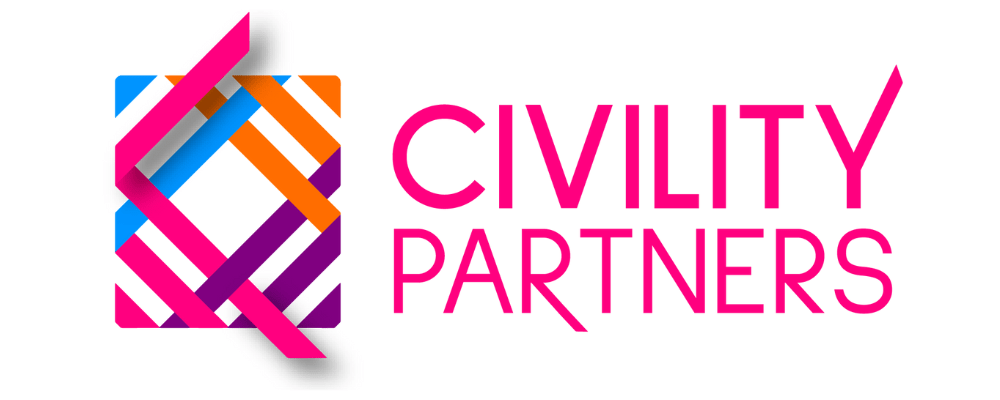In the fast-paced and dynamic environment of the modern workplace, it’s becoming increasingly challenging for individuals to work collaboratively and harmoniously as a team. Competitiveness among colleagues, stress, and communication barriers are some of the obstacles that hinder positive teamwork.
In this captivating episode of Catherine’s Corner, Dr. Kevin takes us on a journey through the transformative power of Positive Intelligence (PQ) and its potential to revolutionize your team’s culture. Drawing from his remarkable 18-year tenure at Intel, where he honed his skills in managing Intel University and spearheading worldwide management and leadership development initiatives, Dr. Kevin brings a wealth of expertise to the table. His mastery in harnessing the principles of PQ to enhance team dynamics promises to be nothing short of mind-expanding.
Positive intelligence, put simply, is a measure of your ability to deal with negative thoughts and emotions. It’s about finding the silver lining in any given situation and using it to your advantage. When integrated into teams, positive intelligence changes team culture. Team members become more resilient and adaptable to challenges and develop better relationships with one another. Teamwork itself becomes more effective, with co-workers communicating more constructively and openly. There are a number of ways employers can foster positive intelligence within their teams:
Encouraging Mindfulness
Practicing mindfulness is central to developing positive intelligence. It helps individuals become more aware of their thoughts and emotions and how to regulate them. Encourage your employees to take short breaks for time-outs and meditation exercises to recharge and re-focus their minds.
Creating a Culture of Appreciation
Expressing gratitude and acknowledging the contributions of team members can create a culture of appreciation and positivity. This will help to make work feel fun, enjoyable, and rewarding, which is conducive to teamwork and productivity.
Fostering Positivity with Team Challenges
Challenges are a great way to develop a positive mindset. Use team challenges or group activities to develop a more collaborative and fun workplace culture.
Leading by Example
Leaders are the role models in the workplace, where team members are likely to take their cues from their leaders. Leaders who demonstrate the values of positive intelligence become a major influence on the team’s mindset and culture.
Investing in training and development- Supporting employees by providing access to training programs, resources, and development opportunities is an essential aspect of developing positive intelligence. Employees who can develop their skills and knowledge often feel more confident and competent, which boosts their overall positivity and well-being.
Positive intelligence is a key driver of individual and organizational success. It can be considered the “secret sauce” of workplace culture as it helps to foster a more positive and collaborative atmosphere that improves teamwork and productivity. Institutions need to invest in developing the positive intelligence of their workforce, by encouraging mindfulness, creating a culture of appreciation, fostering a mindset of positivity through challenges, leading by example, and investing in training and development. As more organizations embrace positive intelligence, the modern workplace will transform from a competitive, cut-throat environment to a more supportive, positive community.
“We are committed to helping your organization meet its goals by partnering with you to develop and deliver systemic solutions to negative workplace behaviors. We will partner with you to build a positive and healthy work environment so your employees can thrive.
We don’t focus on the corrective actions involving eradication of problems and negativity, we focus on finding solutions that create a safe and civil workplace – and there’s a difference. Focusing on solutions creates preventative and sustainable change.
Negative and aggressive workplace behaviors are systemic. In order to effectively remove them, holistic and system-wide solutions that are tailored to your organization and focused on prevention, not correction, are required.”
Please visit the firm link to site


